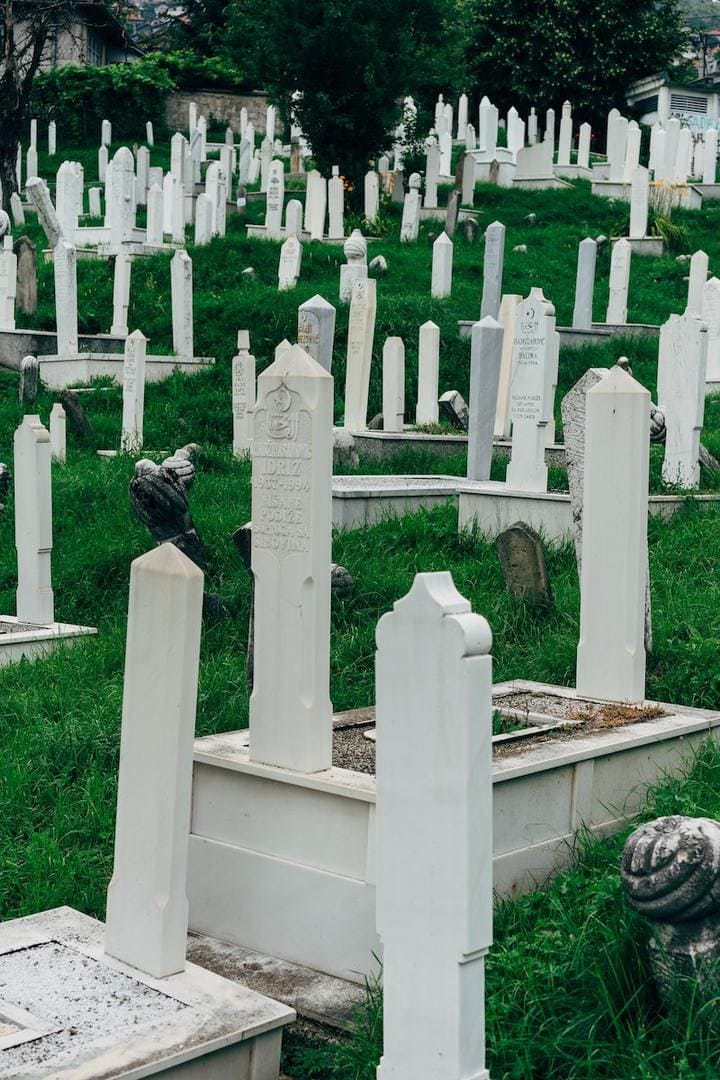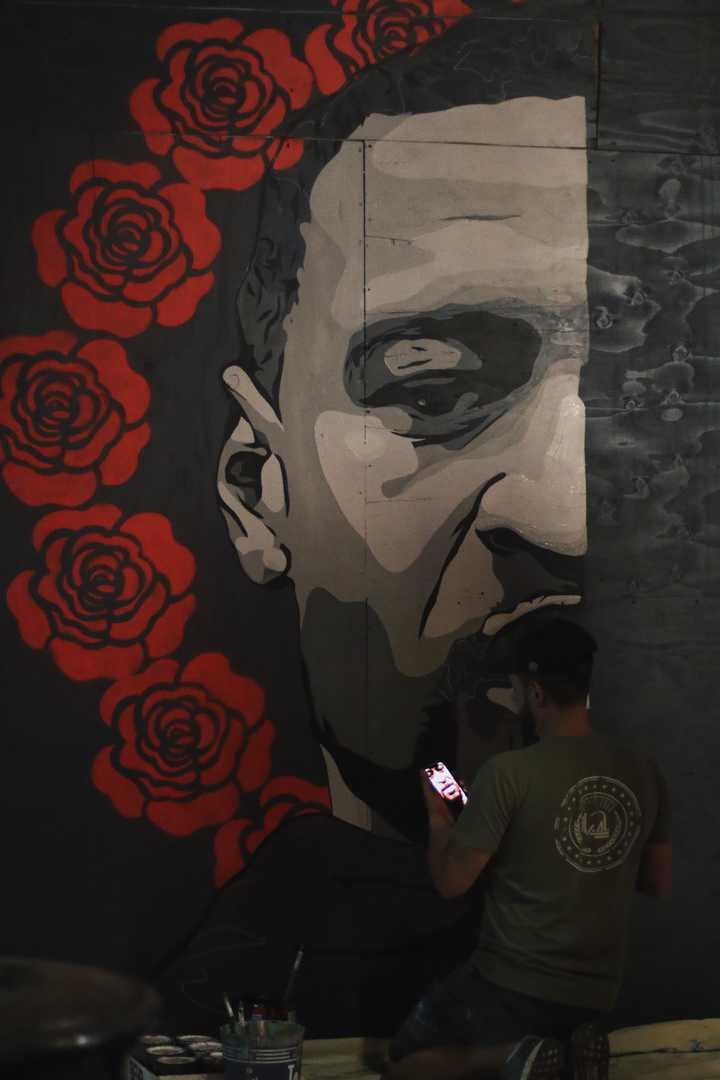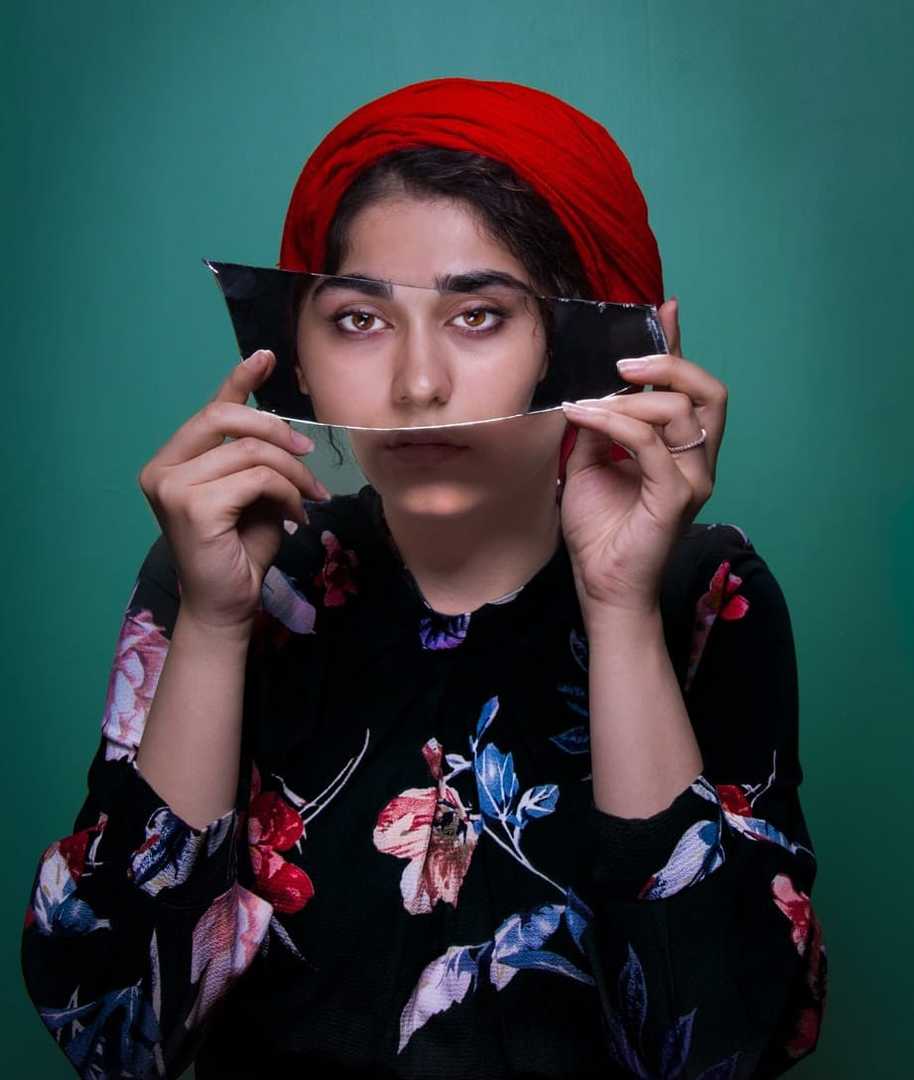Why is it so easy for violent people to justify their violence? They often show no remorse and shockingly continue to defend their actions even in the face of overwhelming evidence. We can easily respond by thinking there is something wrong with these people that is not wrong with good people like us.
But what I’m going to suggest is that focusing on the difference between good and bad, nonviolent and violent people is what is powering the current polarization and division in American. This is not to engage in an exercise in moral relativism. Quite the contrary. It is to begin to tell a more truthful story about violence and real goodness so that we can be more effective in our pursuit of a less violent world.
I’d like to begin by examining two case studies of stupefying examples of justifying violence to see if we can find understanding. Because if violence like we find in these examples just happens in some unexplainable way or is due to “bad apples”, then we have two equally bad choices.
Either we must resign ourselves to it happening over and over again because there’s no analysis that could guide an effective response. In which case, hopelessness and paralysis set in. Or we feel ethically obligated to root out the “bad apples” and cleanse our communities of the source of the violence. In that case, we risk becoming the very thing we are against, people who justify their violence without ever doubting their own goodness. More on that later.
By looking at these incidents together and digging deeper than the differences, I think we will find hope. So let’s look at the case of The Bosnian Leader and the case of The Police Officer.
Case Studies

The Bosnian Leader: In 2016 a United Nations Tribunal convicted Radovan Karadzic, a Bosnian Serb leader, of war crimes for his role in the slaughter of 8,000 Muslim men and boys in Srebrenica in 1995, during the civil war that tore apart the former Yugoslavia. After the verdict, Mr. Karadzic expressed astonishment and insisted he was “a true friend to Muslims.”
The Police Officer: Minneapolis police officer Derek Chauvin, with fellow officers looking on, kneeled on the neck of George Floyd while Floyd gasped that he couldn’t breathe. Bystanders tried to persuade Chauvin to release Floyd, but he did not relent for nearly 8 minutes. As part of the defense strategy, an attorney for one of the officers said, “None of these guys — even Chauvin — actually killed him. He killed himself. We are going to show that my client and the other cops were doing their jobs.”
In the case of the Bosnian Leader, we meet a man who believes so completely that he is a friend to Muslims that his self-image cannot be shaken by his role in the slaughter of 8,000 “friends”. And in The Police Officer story, we meet a man whose resolve to carry out his duty leads to murder and a bizarre defense to justify his actions.
I’d like to suggest to you that what we have here are not two cases of bald-faced lying. These are not examples of people who know they are guilty and are trying to lie their way out of it. If that were the case, it would be another difference that allows us to distance ourselves from these violent scenes because we know that we aren’t liars and we certainly aren’t murderers.
Goodness that tolerates violence without doubting itself is fake goodness, not the real thing at all.
Goodness Gone Bad
I’d like to do something which will take us out of our comfort zone a wee bit. What I mean is that I’d like to look at these two cases slightly differently, not as examples of murderers and liars, but as case studies in goodness gone bad.
What do I mean by that? I think the reason that the Bosnian Leader and the Police Officers cannot see that they are guilty is because they are too certain of their own goodness to believe they could do something that bad. This begins to bridge the chasm we’d like to think separates us from the bad guys by seeing something we have in common: our belief in our own goodness.
It’s very discomfiting to think that genocide and murder are the result of believing in our goodness, but I think the case can be made for it. Because not 8,000 dead Muslims or 8 minutes of gasping for air was enough to shake the confidence of the perpetrators that they would never do something as wicked as all that. Goodness that tolerates violence without doubting itself is fake goodness, not the real thing at all.
Fake goodness is goodness gone bad. It’s what’s behind the polarization in America today. It’s what stokes anger and vitriol online and in the streets. Fake goodness is what gives us permission to act any way but good as we dehumanize and diminish the life experiences of our opponents.
Fake goodness manifests as a hardened belief that we alone have the truth, that we alone are standing against anarchy and immorality in defense of freedom. It is what is stoking outrage, verbal attacks and outright violence by our government and citizen groups.

The more truthful story about polarization emerges out of the uncomfortable reality that the Bosnian Leader and the Police Officer were not bad people setting out to do wicked things. That’s the plot for a Hollywood blockbuster. The more truthful story is that they were good people so convinced of their own goodness that they could not see how violent they had become. In fact, they would not even use the word “violence” to describe what they did. Fake goodness believes violence only refers to other people, not itself.
The Olive
Branch
Take A Breath with Us
Our weekly newsletter creates a space to take a breath. Once we slow down, we can see the way desire, imitation, and conflict operate in our lives and in the world, and begin to create peace. In addition to the newsletter, you will receive the free "Unlearn the Bible" ebook when you subscribe.
The Real Deal
That may sound a bit dark and depressing, but it’s actually a very hopeful view of our agency in making the world a better place. You see, if it’s goodness (not wickedness) that causes atrocities then that begins to suggest there is something we can do about it. We are good people, after all. The truth is, goodness itself is not the problem, fake goodness is. Fake goodness is ego-inflated goodness, one that equates being good with being right. But authentic goodness knows the truth, that good people are humble people who admit mistakes, respect others, and value taking care of others more than their own ego.
Here are some practices of authentic goodness we all can do:

Resist making accusations. Calling someone violent, racist, Islamophobic, or deceitful is futile for two reasons. Words won’t be enough to challenge fake goodness when dead bodies and desperate pleas fail. And accusations feel like attacks that can trigger entrenchment and retaliation.
Doubt yourself. Clinging to goodness is probably the biggest obstacle there is to ending the justification of violence. Most religious traditions and spiritual practices advise things like confession or soul-searching or humility, all of which are disciplines required to break through the secure walls of our goodness.
Enlarge your story. When you are lucky enough to encounter a story that challenges your self-image as good, consider it a gift from God. Pause before you react. Listen with an open heart. Challenge yourself to enlarge your story so that “good” and “compassionate” become synonymous.
One last word of hope. There is no reason to feel ashamed of finding yourself to have been caught up in fake goodness. It happens to all of us. As we enlarge our stories, we will find ourselves creating a more peaceful world and there is no shame in that.

